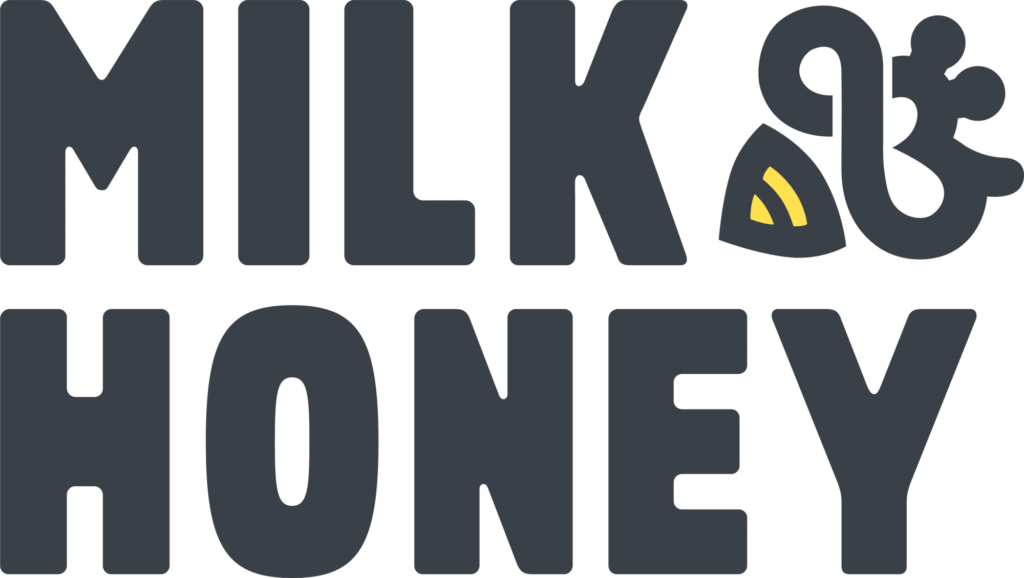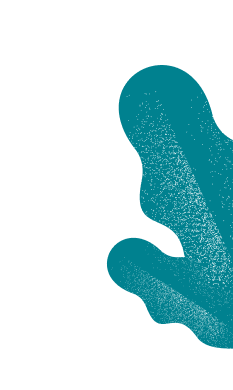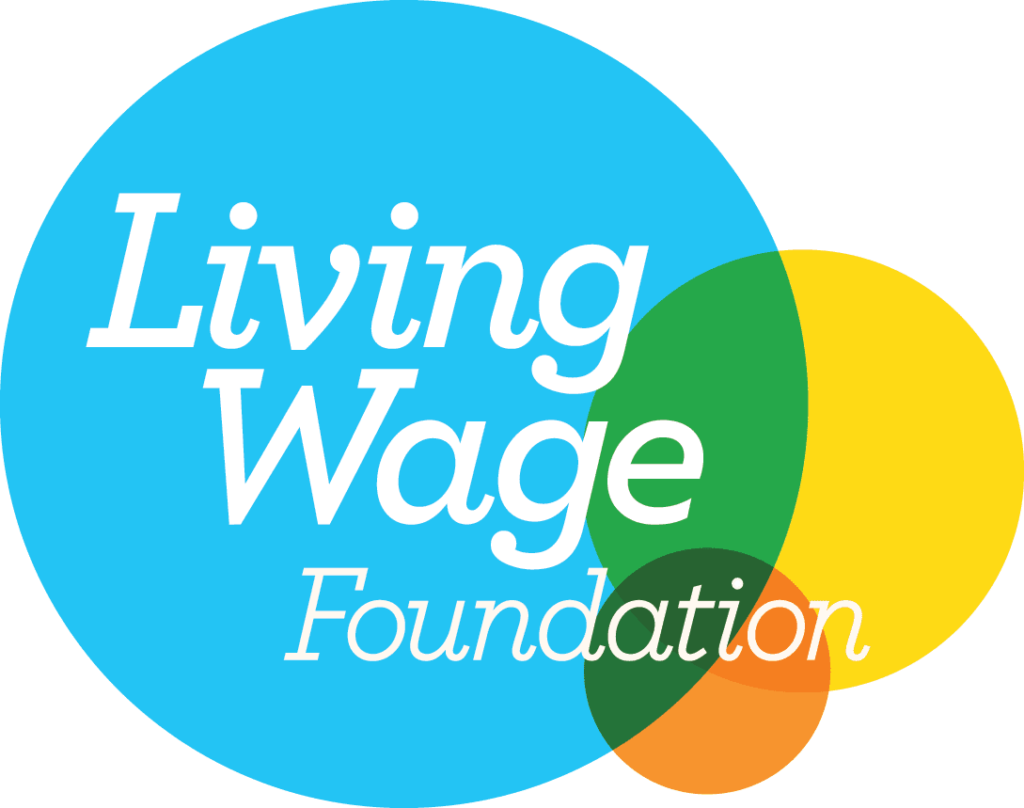Lockdown poses some obvious problems for extroverts like me, who thrive on socialising in group settings. I’ve always preferred going ‘out out’ to staying ‘in in’. There’s nowhere I’d rather be than surrounded by friends, cocktail in hand, letting out my inner dancing queen. When lockdown was announced, the thought of ‘me time’ and ‘working from home’ made me anxious.
But, being in lockdown has made me prioritise my mental wellbeing and confront these fears and personal challenges in a way that I hadn’t quite expected.
Saying farewell to the office
When the agency announced our office was closing, I was the last person to leave. As I stroked my iMac goodbye, I was dragged out, not quite kicking and screaming, but close. Working from home was new territory for me. I had worked from home once in my PR career, and that had been out of necessity while waiting for a new mattress to arrive. On the same day, I ate the entire contents of the fridge, my delivery didn’t arrive, and my phone didn’t ring once. It was awful.
For the first week of lockdown, I tried the whole ‘working from home’ approach in bed. I told myself I could answer calls and emails all from the comfort of a miniature blanket fort surrounded by heaps of cushions – ideal! Within two days, I found myself demotivated, groggy in the morning, and suffering from a sore back.
The first thing I learned was creating those physical and mental areas of separation between work, sleep and down-time. This can be tricky if you live and work in shared accommodation. After some trial and error, we each set up our own ‘work zones’ in what little space we had. I had the sofa with a table in front of me, whereas my partner had the ‘window’ desk – a windowsill and a long charger cable. We were good to go!
Saying no to FOMO
At first, I wanted to cram as much as possible into my weeks. My social calendar was booked with quizzes, catch up calls, games nights, Zoom discos, and Netflix parties. You name it – it was in there. I didn’t want to miss out on anything. After a few days, however, having a full day of calls with clients and colleagues, followed immediately by a three-hour quiz felt like a bit much. I realised I was never really ‘switching off’. A terrifying revelation hit me – was I perhaps starting to crave the hitherto mythical concept of ‘me time’?
All humour aside, I started to recognise a need to unwind. Sunday is now my self-care day – it allows me to draw an end to the week on a positive, and leaves me feeling refreshed and energised, ready to start Monday on the right note. Until the lockdown, I rarely carved out space for ‘me time’ – but both my partner and I have learned to be more open regarding needing some space or time to ourselves. We don’t deliberately avoid each other, but we each spend half a day or so doing things we personally enjoy.
I’ve also taught myself not to be afraid to say no. At the start of lockdown, there was a constant, low level of worry about saying no to a quiz or games night – what would I do if someone took offence to me turning down their quiz? Fortunately, it quickly became obvious that many of my friends – the majority of whom are extroverts themselves! – are in the same boat. I now know that none of them would hold it against me if I needed a quiet evening to myself.
Prioritising my mental wellbeing
I have never been one for a routine – I have a more ‘go with the flow’ approach. But with the days blurring into one, I found myself losing track of time passing by. To combat this, I have put a firm routine in place for myself. I wake up, force myself to get out of my pyjamas, and put on ‘normal’ work attire by 8.00am. I put time aside for lunch and a walk – even if it’s only half an hour.
Setting aside time to do ‘nothing’ is also really important for mental wellbeing – especially for someone who normally has to keep busy and have things constantly on the go. An hour of TV, or an episode or two of Breaking Bad (yes, I am about a decade behind everyone else), really helps to close off the day.
Avoiding Zoom fatigue
According to psychologist Carl Jung, extroversion basically means getting your source of energy from other people. Since the lockdown began, I have found my energy levels to be significantly lower – even though I should be recharging my batteries when interacting with colleagues and clients. The main culprits in my case, at least, are Zoom & Teams.
‘Zoom fatigue’ isn’t a myth – it is definitely real. I often have up to five video calls a day. It’s unsurprising then, that I am drained and ready for bed by 9pm. I read a great tip that has been hugely helpful: if you’re on video calls, don’t look at yourself. If you can see your own video, your eyes are naturally drawn to your own face. The natural human instinct to look at ourselves, alongside worries of ‘does my hair look okay?’, ‘should I have put on make-up today?’ or ‘do I look weird when I’m speaking?’ creates an exhausting combination. Some tools, like Zoom, allow you to scroll away from your own face and only show other participants. There’s also no shame in asking whether your clients and colleagues would mind you leaving video switched off every now and again to take a break.
Returning to the world of work
Fundamentally, this lockdown has taught me a lot, and forced me to confront some my own worst fears – and I have to admit, it has been far less painful than I thought. I have learned to enjoy my own company, and realised the importance of making time for myself. As strange as it sounds to admit, working from home is a skill – and it wasn’t one I’d had the opportunity to practice until now. For me, it has opened up a world of possibilities – as well as unlocking a wealth of mental health benefits.
I’d be the first to admit I am still eager to head back to the office – but never thought I’d also be looking forward to making the most of Milk & Honey’s flexible working policy every now and again once we’re back to normal.










